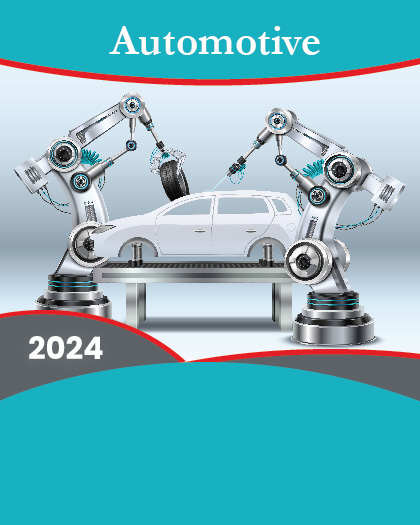
The Global Electric Van Market was valued at USD 29.65 billion in 2023 and is poised to experience significant growth, at compound annual growth rate (CAGR) of 13.1% from 2024 to 2032. The market is fuelled by the increasing adoption of electric vans for commercial purposes, particularly in logistics, e-commerce, and public transportation sectors. The shift towards sustainable transportation solutions, driven by environmental concerns and stringent emission regulations, is also accelerating the market's upward trajectory.
Electric vans are gaining traction due to their lower operational costs, environmental benefits, and advancements in battery technology. These vehicles are increasingly being used across various industries, including food and beverages, agriculture, and healthcare, to ensure the sustainable and efficient delivery of goods. The rising demand for electric vans is further supported by investments from major corporations, such as Amazon's significant expenditure to electrify its delivery fleet in Europe. Similarly, other industry players are entering strategic partnerships and making acquisitions to strengthen their market position. However, the market faces challenges such as high upfront costs, limited driving range, and the need for extensive charging infrastructure. Despite these hurdles, ongoing technological advancements and government incentives are expected to mitigate these challenges and further propel market growth. The increasing focus on enhancing battery capacity and reducing vehicle costs is anticipated to play a crucial role in overcoming these barriers, thereby expanding the adoption of electric vans globally.
The key regions considered in the study include Asia Pacific, North America, Europe, Latin America, and the Middle East and Africa. Asia Pacific leads the market, driven by high demand in countries like China, Japan, and South Korea. The region's dominance is attributed to rapid urbanization, government support for EV adoption, and the presence of numerous manufacturers. Europe and North America are also expected to witness substantial growth, supported by stringent emission regulations and increasing consumer preference for sustainable transportation options.
Major market players included in this report are:
Mercedes-Benz Group AG
BYD Company Ltd.
General Motors
Renault
Volkswagen Group
Toyota Motor Corporation
Hyundai Motor Company
Honda Motor Company Ltd.
Nissan Motor Co. Ltd.
Stellantis N.V.
Ford Motor Company
Suzuki Motor Corporation
Rivian Automotive, Inc.
Zeeba
Canoo Inc.
The detailed segments and sub-segment of the market are explained below:
By Propulsion Type:
Battery Electric Vehicle (BEV)
Hybrid Vehicle (HEV)
By Range:
Up to 100 Miles
100-200 Miles
Above 200 Miles
By Battery Capacity:
Up to 50 kWh
Above 50 kWh
By Component:
Traction Battery Pack
Powertrain
Others
By Region:
North America
U.S.
Canada
Europe
UK
Germany
France
Spain
Italy
Rest of Europe
Asia Pacific
China
India
Japan
Australia
South Korea
Rest of Asia Pacific
Latin America
Brazil
Mexico
Rest of Latin America
Middle East & Africa
Saudi Arabia
South Africa
Rest of Middle East & Africa
Years considered for the study are as follows:
Historical year - 2022
Base year - 2023
Forecast period - 2024 to 2032
Key Takeaways:
Market Estimates & Forecast for 10 years from 2022 to 2032.
Annualized revenues and regional level analysis for each market segment.
Detailed analysis of geographical landscape with Country level analysis of major regions.
Competitive landscape with information on major players in the market.
Analysis of key business strategies and recommendations on future market approach.
Analysis of competitive structure of the market.
Demand side and supply side analysis of the market.
























